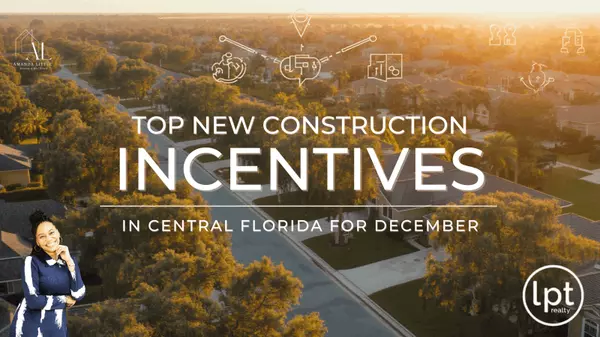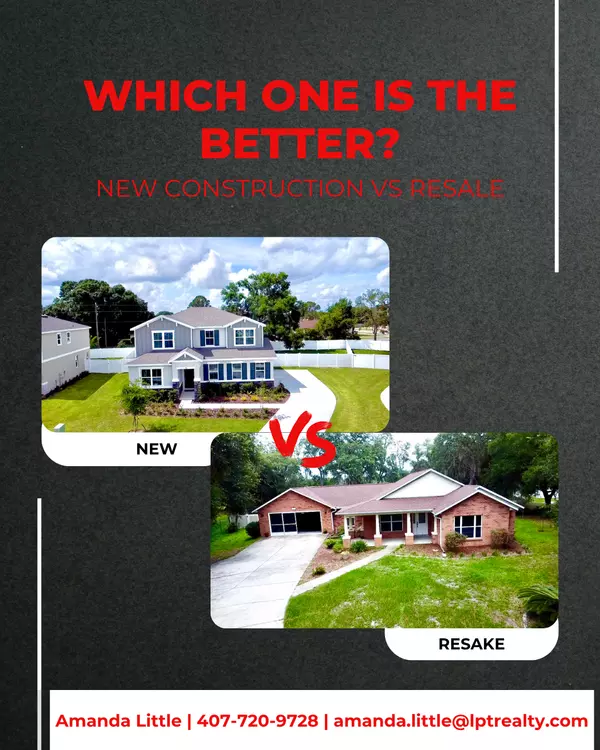New Construction versus Non New Construction

When it comes to buying a home, buyers often find themselves weighing the pros and cons of new construction versus non new construction. Both options have their unique advantages and disadvantages, and it ultimately comes down to personal preferences and priorities. Here, we will explore the differences between the two, so you can make an informed decision that suits your needs.
New Construction
One of the main benefits of new construction is that everything is brand new. From the roof to the appliances, everything is in pristine condition and under warranty. This means that buyers can move-in with peace of mind, knowing that they won't have to worry about any repairs or replacements for a while. Additionally, new construction homes are built to meet the latest building codes and energy-efficient standards, which can lead to lower utility bills in the long run.
Another advantage of new construction is the ability to customize. Buyers can often choose the finishes and features that they want, such as flooring, countertops, and cabinetry. This allows them to create a home that suits their style and needs, without having to go through the hassle of renovations or updates.
However, new construction homes also come with some downsides. They tend to be more expensive than non new construction homes, due to the cost of materials and labor. Additionally, new communities may take some time to build out, which can lead to a lack of amenities, such as parks and shopping centers.
Non New Construction
One of the main advantages of non new construction homes is their affordability. Since they are typically older, they are often priced lower than new construction homes. Additionally, non new construction homes are usually located in established neighborhoods, which means that they may have more amenities, such as parks, schools, and shopping centers.
Another benefit of non new construction homes is their character. Older homes tend to have unique features and architectural details that are not found in newer homes. This can give the home a sense of charm and authenticity that can be hard to replicate in new construction homes.
However, non new construction homes also come with their own set of drawbacks. They may require more maintenance and repairs than new construction homes, which can be costly and time-consuming. Additionally, they may not meet the latest energy-efficient standards, which can lead to higher utility bills.
Which Option is Right for You?
Ultimately, the decision between new construction versus non new construction comes down to personal preferences and priorities. Buyers who value brand new features, the ability to customize, and the latest building codes and energy-efficient standards may prefer new construction homes. Meanwhile, buyers who value affordability, established neighborhoods, and character may prefer non new construction homes.
Regardless of which option you choose, it's important to work with a trusted real estate agent who can guide you through the process and help you make an informed decision. They can help you weigh the pros and cons of each option, and find a home that meets your needs and budget.
In conclusion, new construction versus non new construction is a decision that can have a big impact on your home buying experience. By weighing the pros and cons of each option and working with a trusted real estate agent, you can find a home that suits your needs and lifestyle.
Categories
Recent Posts











"Molly's job is to find and attract mastery-based agents to the office, protect the culture, and make sure everyone is happy! "